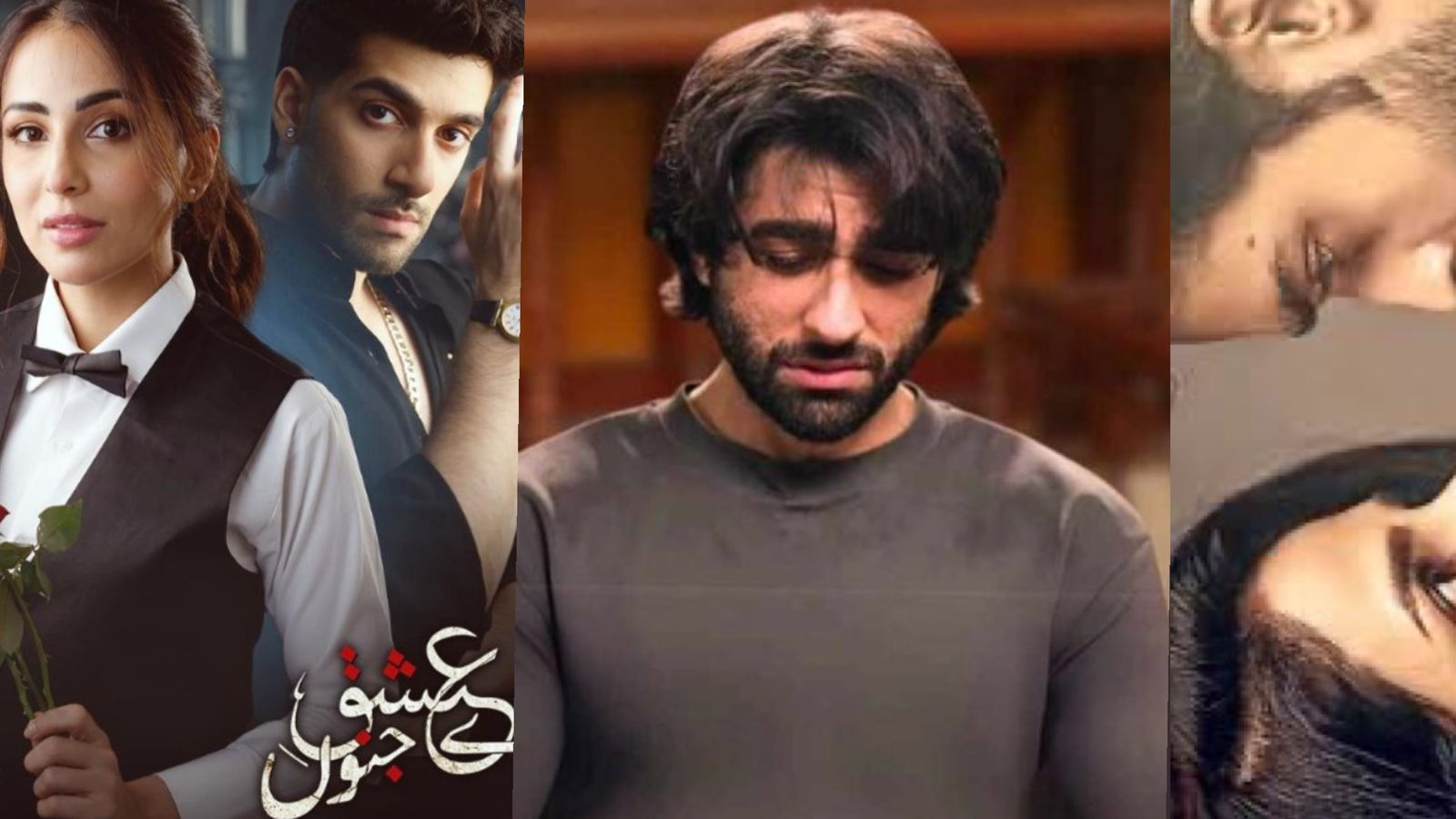In 2019, Cheekh introduced us to Wajih — a cold-blooded murderer and rapist who used charm, privilege, and eventually emotional breakdowns to manipulate not just the characters in the drama, but the audience watching him.
Now in 2025, Qarz e Jaan walks the exact same path. Meet Ammar — another well-dressed, well-spoken man who committed horrific crimes, and then stood under a spotlight, blaming his father for it all.
Five years apart. Same storyline. Same manipulation. Same justification.
And most importantly: the same result — audience sympathy.
The Pattern:
- Wajih blames his brother.
- Ammar blames his father.
- Both cry in front of their sisters.
- Both are played by conventionally good-looking, popular actors — Bilal Abbas Khan and Nameer Khan.
- And both, somehow, leave audiences emotionally torn instead of disgusted.
Why is this still happening?
Why are Pakistani dramas still finding new ways to make criminals look like victims?
Let’s Be Clear:
There is nothing brave or meaningful about showing a rapist’s emotional backstory if the end result is audience empathy instead of justice or accountability.
Bad parenting can explain emotional damage — not rape, not murder.
Yet, Qarz e Jaan, like Cheekh, seems to go out of its way to create a “soft spot” for its villain. Not by showing their regret in a courtroom. Not by focusing on the pain of the victims. But by making the villain cry on screen, surrounded by emotional music and dramatic lighting.
What’s the Cost of This Repetition?
Every time a drama like this airs, it sends the message that:
- If you’re good-looking, you’re forgivable.
- If you cry, your crimes are understandable.
- If you were hurt once, it’s okay to hurt others.
This is dangerous storytelling.
We don’t need more complex villains. We need more responsible writing. We need to stop equating trauma with justification — and stop teaching viewers that a man’s pain somehow washes away the pain he caused.
The Bottom Line:
Wajih (2019) and Ammar (2025) are not misunderstood men.
They are criminals — murderers and rapists.
And no matter how many tears they shed on-screen, the audience should feel disgust, not sympathy.
It’s time our drama creators evolved.
